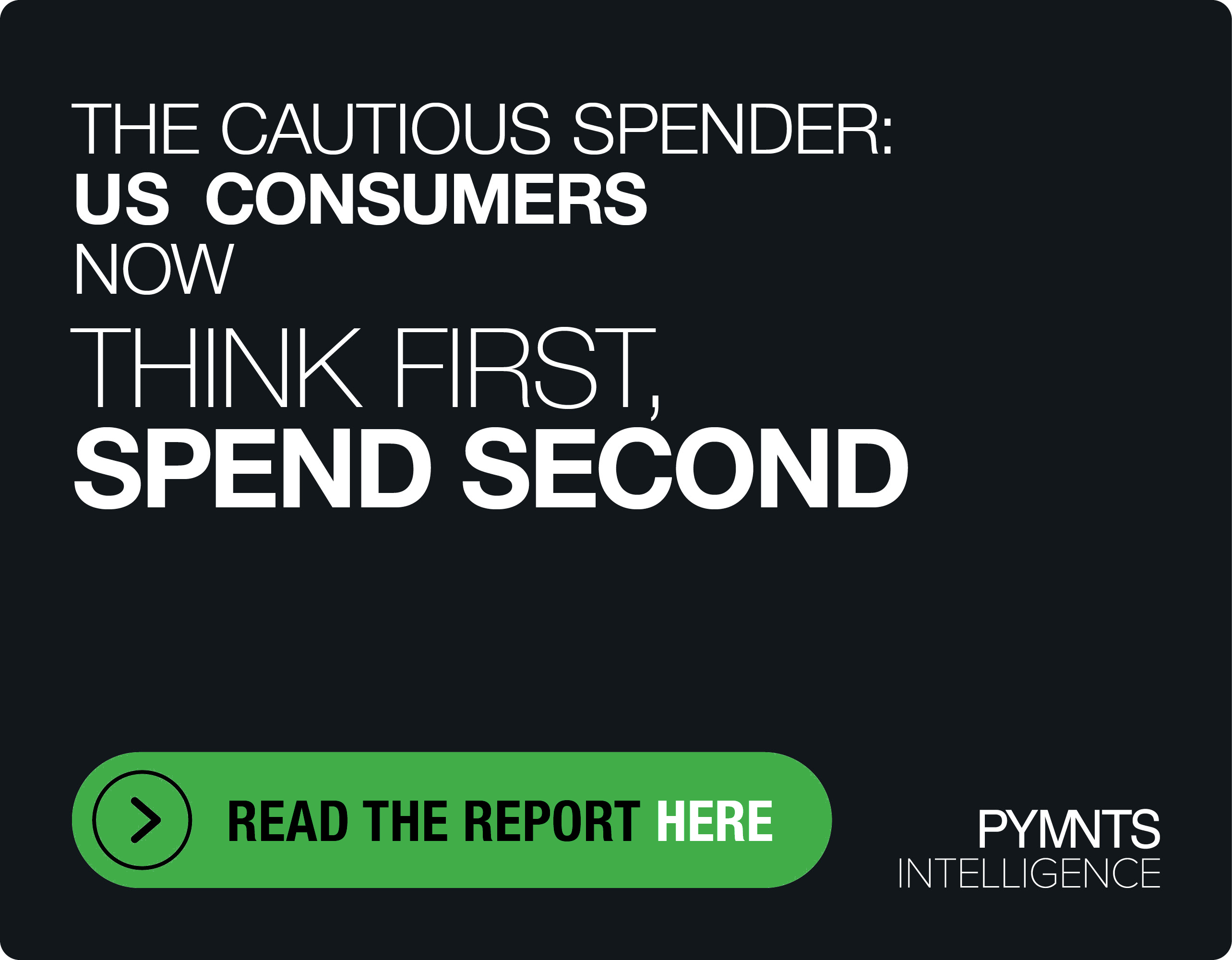Morgan Stanley Analyst Says Amazon Private Labels Can Boost Bottom Lines

In recent Amazon news, an analyst from financial firm Morgan Stanley has predicted the eCommerce platform’s private label retail sales could provide an added boost to its bottom lines.
According to a Barrons.com article published Tuesday (Oct. 10), analyst Brian Nowak has speculated that Amazon’s private label merchandise sales could add $1 billion to Amazon’s bottom line, making up 5 percent of retail sales by 2019.
“… for Amazon, it’s all about gross profit dollars: advertising, subscriptions, services … and now private label …” Brian Nowak said. “We believe it is increasingly important to focus on Amazon’s gross profit dollar drivers. A deepening gross profit pool gives Amazon more dollars to invest and [eventually] allows [funds] to flow down to P&L for shareholders.”
Amazon’s private label goods first launched in 2009 and include thousands of products in a wide range of categories, such as clothing, electronics, industrial supplies and more, the Barrons.com article reported.
“Private label is likely to be the next driver … as our sensitivity shows that even if private label could grow to 5 percent of Amazon’s retail sales by 2019, it would add almost $1 billion of gross profit,” the Morgan Stanley analyst said. “We acknowledge that predicting the profit flow-through on Amazon’s gross profit is increasingly difficult as we traverse this investment cycle, but all else held equal, this would add as much as 7 percent to our current 2019 CSO.”
Amazon currently boasts 34 private label brands in nine categories. Private label products are responsible for 0.15 percent of its global merchandise sales. Other major retailers see an average of 18 percent of gross merchandise sales coming from private label profits, Barrons.com reported. For example, Costco gets 20 percent of its revenue from private labels, JCPenney sees 44 percent, Kohl’s gets 46 percent and Walmart sees 15 percent, the article noted.
Amazon’s most recent private labels additions come from the Whole Foods Market 365 value brand, following the eCommerce giant’s acquisition of the health food grocer earlier this summer.
